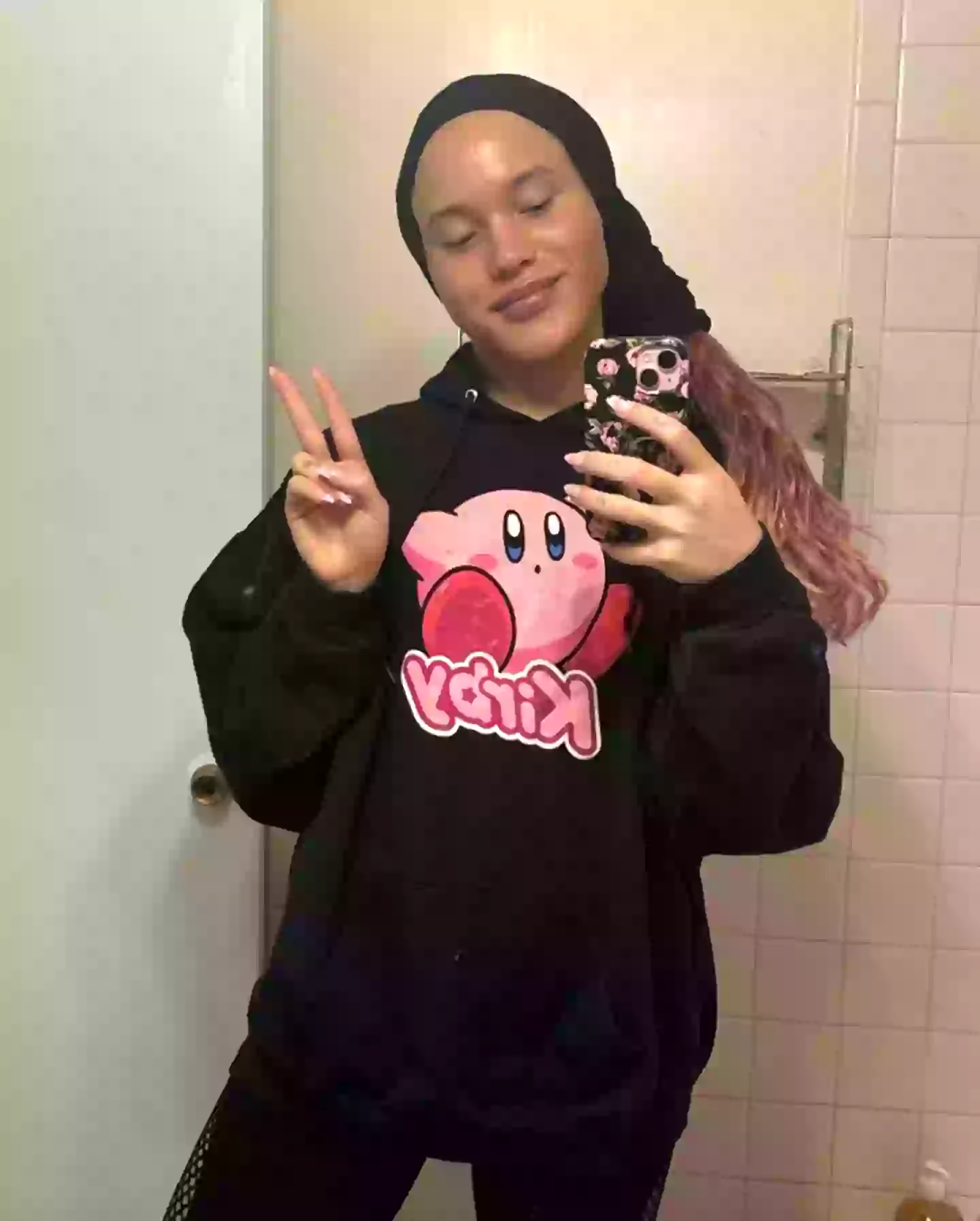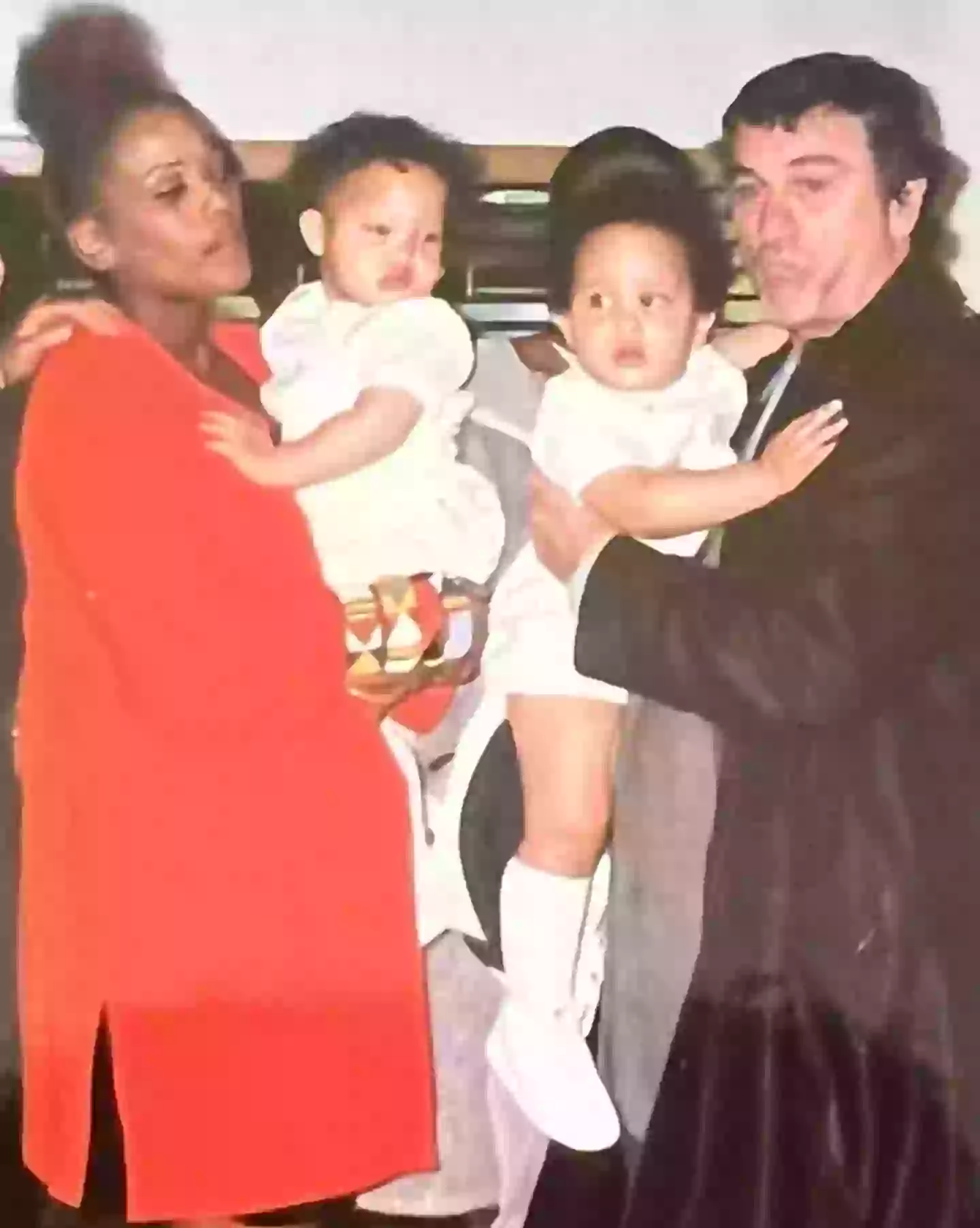“There’s a difference between being visible and being seen,” shares Airyn De Niro. “I’ve been visible. I don’t think I’ve been seen yet.”
In a candid discussion with LGBTQ magazine Them, the 29-year-old daughter of legendary actor Robert De Niro has announced she is transgender. Her decision to make this public was influenced by certain tabloids commenting on her ‘new look’.
Airyn is the daughter of 72-year-old actress Toukie Smith. She is one of Robert De Niro’s children, alongside her twin brother Julian.
The siblings were kept away from the public eye due to their parents’ efforts.
Airyn explained to the magazine: “Obviously no parent is perfect, but I am grateful that both my parents agreed to keep me out of the limelight. They wanted it very private. They have told me they wanted me to have as much of a normal childhood as possible.”
During middle school, Airyn identified as gay and shared how she struggled to fit in.

“Growing up when people started hitting puberty and started liking each other… I never had that,” she reflected.
“I never had a boyfriend at a young age, even though looking back, do we really need to be dating in middle school? I was like, ‘Wow, these things signify I’m very unwanted. I’m not desirable. I’m not attractive like the other people, the other girls, the other boys’.”
Airyn elaborated further, noting that she found gay men could be ‘ruthless and mean’.
She added: “I didn’t even fit that beauty standard, which is thin, white, muscular, or just super fit, masculine.”
“I was always told I was too much of something or not enough of something growing up: Too big, not skinny enough. Not Black enough, not white enough. Too feminine, not masculine enough. It was never just, ‘You’re just right, just the way you are’.”

Airyn began presenting as femme in middle school, but only started hormone therapy last November, calling herself a ‘late bloomer’.
“Trans women being honest and open, especially [in] public spaces like social media and getting to see them in their success… I’m like, you know what? Maybe it’s not too late for me,” she expressed. “Maybe I can start.”
Her main concern is how her family will view her, both in terms of her past identity and who she is now.
She added: “I think part of me is concerned that [my family] will maybe still think of me as the person I was before the transition.”
“I think a big part of [my transition] is also the influence Black women have had on me.”
“I think stepping into this new identity, while also being more proud of my Blackness, makes me feel closer to them in some way.”

